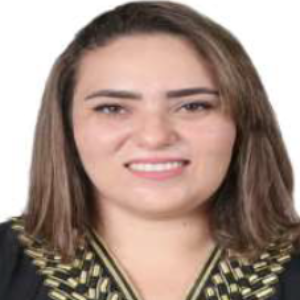Title : Discrimination of sagittae otoliths of Boops boops using morphometric analyses between two Tunisian islands, Djerba and Kerkennah
Abstract:
The necessity for sustainable management practices to protect the world's halieutic richness is becoming more widely recognized. In this context, our study seeks to evaluate the stock of Boops boops between two insular environments in Tunisia, Djerba and Kerkennah. 60 specimens were collected from each station using of the artisanal fishing lines. The fish otoliths were taken out, cleaned, and stored to be subsequently photographed on a camera under a binocular microscope. The images were analyzed by the two software programs Shape and ImageJ in order to extract the morphometric data. The difference between the two populations of Djerba and Kerkennah was highly significant (p-value<0.0001). The fluctuating asymmetry of the Djerba population was highly significant, while that of the Kerkennah population was not significant (p-value = 0.183). The otolith morphological comparison between males and females showed highly significant differences in kerkennah (p-value 0.0001) and non-significant differences in Djerba (p-value = 0.385). The significant fluctuating asymmetry observed in the population’s shows that the fish inhabiting the two environments are subject to significant stress conditions, which may be linked to the anthropogenic pollution of the Gulf of Gabes.
Keywords: Stock, Otolith morphometry, Boops boops, Djerba, Kerkennah
Audience Take Away:
- The new method of combining morphometric analysis and shape analysis of otoliths will make it possible to give more precise results with regard to the analysis of teleost fish stocks.
- The analysis methods explained in this work can be used by other researchers to analyze fish stocks in other environments because it is a simpler method than counting fish individuals.
- This research will open up new perspectives for scientific researchers on the management of fish stocks.


